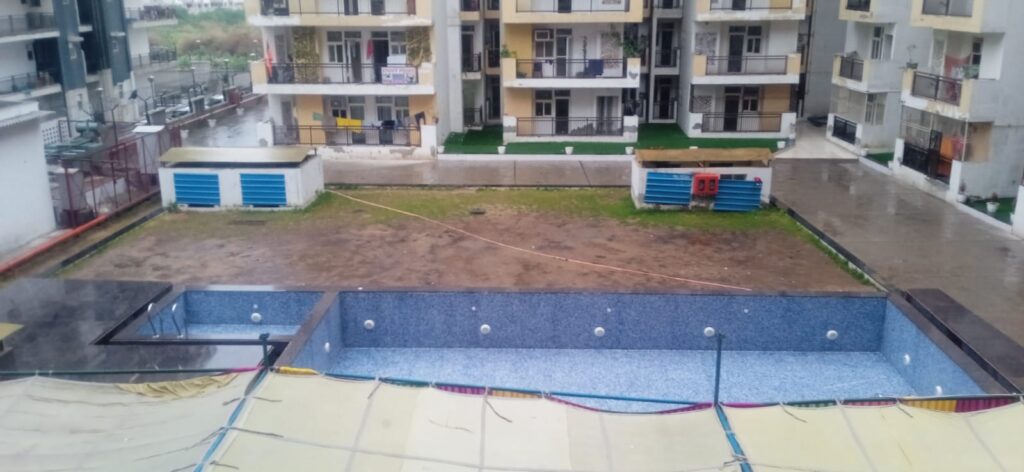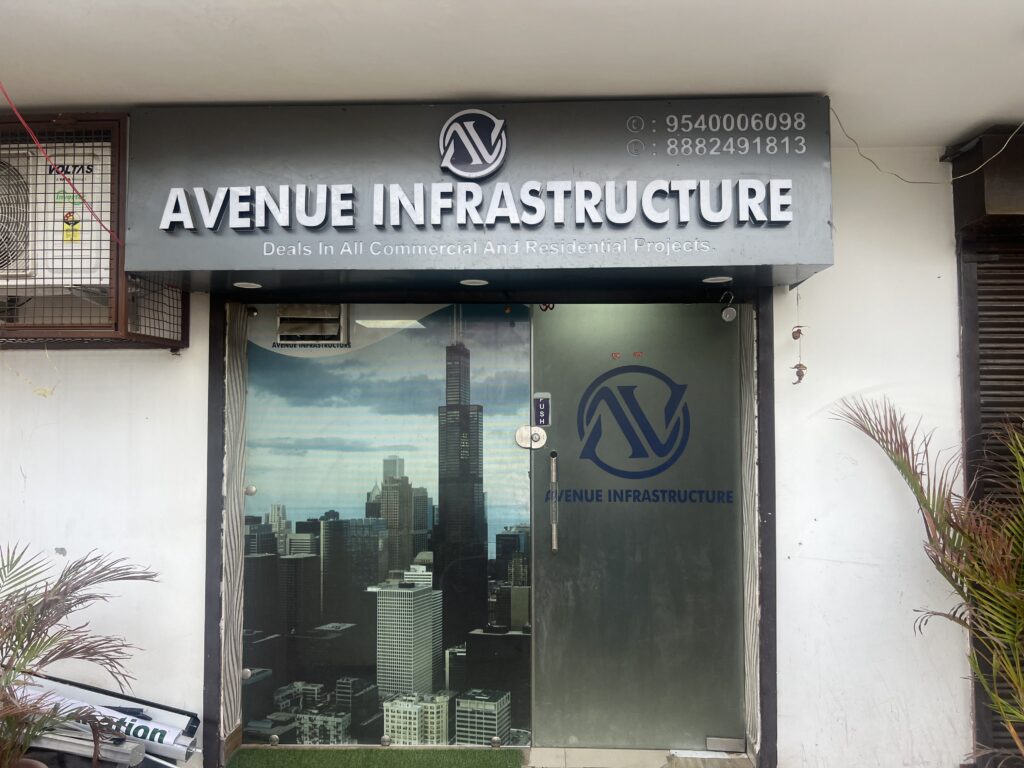Table of Contents
ToggleIntroduction
Purchasing or selling a property involves several complex steps, and one of the most critical phases is the real estate closing process. This final stage ensures that the transfer of property ownership is completed smoothly and legally. In this article, we’ll break down the real estate closing process, highlighting key steps, common pitfalls, and tips to make the process as seamless as possible.
What Is Real Estate Closing?
Real estate closing is the final step in a property transaction where ownership is officially transferred from the seller to the buyer. It involves completing all necessary legal and financial formalities, including signing documents, settling financial obligations, and transferring property ownership.
Key Steps in the Real Estate Closing Process
-
Finalizing the Purchase Agreement
-
Review the Contract: Ensure all terms of the purchase agreement are accurate and complete. This includes the sale price, contingencies, and any agreements made during negotiations.
-
Contingencies: Address any contingencies outlined in the agreement, such as repair requests or financing conditions, before proceeding to closing.
-
-
Conducting a Final Walk-Through
-
Securing Financing
-
Mortgage Approval: Confirm that your mortgage lender has approved your loan and that all necessary documentation is complete.
-
Closing Disclosure: Review the Closing Disclosure form provided by your lender, which outlines the final loan terms, closing costs, and the amount you’ll need to bring to closing.
-
-
Title Search and Insurance
-
Closing Disclosure and Settlement Statement
-
Review Documents: Carefully review the Closing Disclosure (for buyers) or Settlement Statement (for sellers) to understand all financial details, including closing costs and adjustments.
-
Verify Accuracy: Ensure all figures are accurate and that you understand each line item, including prorated property taxes, utility adjustments, and fees.
-
-
Signing Documents
-
Transferring Funds
-
Payment: Pay the closing costs, which may include fees for the title search, appraisal, attorney, and other expenses. Funds are typically transferred via a certified check or wire transfer.
-
Adjustments: Any prorated amounts for property taxes, utilities, or homeowners association fees will be calculated and adjusted at closing.
-
-
Recording the Deed
-
Receiving the Keys
-
Key Handover: Once all documents are signed and funds are transferred, the buyer receives the keys to the property and officially takes possession.
-
Common Pitfalls to Avoid
-
Incomplete Documentation: Ensure all required documents are complete and accurate to avoid delays or issues at closing.
-
Unresolved Contingencies: Address any contingencies or conditions before closing to prevent last-minute complications.
-
Unexpected Costs: Be prepared for additional costs not covered by the loan or initial estimates. Have a financial buffer to cover unexpected expenses.
-
Last-Minute Changes: Avoid making any major changes or decisions that could affect your financing or the closing process.
Tips for a Smooth Closing Process
-
Stay Organized: Keep all documents and communication organized and easily accessible throughout the closing process.
-
Communicate Effectively: Maintain open communication with your real estate agent, lender, and attorney to ensure everyone is on the same page.
-
Understand Your Obligations: Familiarize yourself with all terms and conditions of the purchase agreement and loan documents to avoid surprises.
Conclusion
The real estate closing process is a crucial phase in any property transaction, requiring careful attention to detail and coordination among multiple parties. By understanding the key steps, avoiding common pitfalls, and following these tips, you can navigate the closing process with confidence and ensure a successful property transfer.
For personalized guidance through the closing process or to address specific concerns, consider consulting a real estate professional or legal expert. Their expertise can help ensure a smooth and efficient closing experience.












